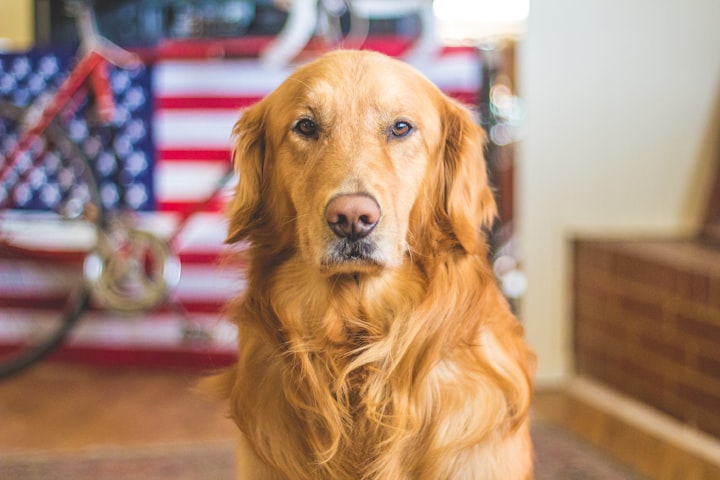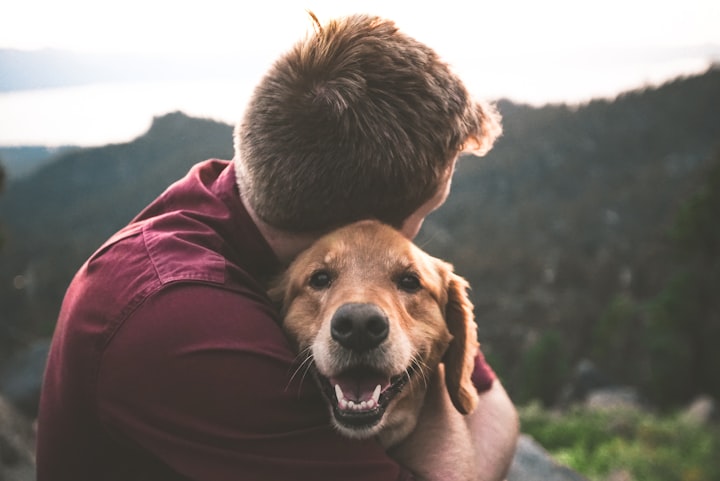Best dog food for allergies
My Dog Has Allergies: What's the Best Dog Food for Allergies?

Do you have a dog with allergies? It can be challenging to find the best dog food for allergies, as dogs with food allergies often suffer from other types of allergic reactions as well. Some dogs are allergic to grain, others to corn or soybean, and others to various other ingredients that may be in the foods you’re considering. If your dog has allergies and you’re looking for the best dog food for allergies, keep reading for some helpful tips on what to look out for and how to make sure you find the right food!
How Do You Know if Your Dog Is Allergic?
The first step is to visit your veterinarian to get a proper diagnosis. Many things can cause itchiness, redness, and other skin problems in dogs, so it’s important to rule out other potential causes, such as parasites, before concluding that your dog has allergies.
There are two types of allergies that can affect dogs: food allergies and environmental allergies. The most common type of allergy is an environmental allergy, also known as atopy.
Treatments for Canine Allergies
If your dog is allergic to something in his food, the best treatment is to identify the allergen and remove it from his diet. This can be done by working with your veterinarian and/or a veterinary nutritionist to create a hypoallergenic diet. In some cases, you may also need to feed your dog a limited ingredient diet or novel protein diet. If your dog has environmental allergies, you'll need to take steps to minimize his exposure to allergens like pollen, dust mites, and mold.
How to Choose the Right Treatments
When your dog has allergies, it's important to get the right diagnosis so you can choose the best possible treatment. Once you know what your dog is allergic to, you can work with your veterinarian to create a treatment plan that will help keep your dog comfortable and healthy. There are a variety of different treatments available, and the best one for your dog will depend on the severity of his allergies and how well he responds to various treatments.
Two Special Types of Diets That Help With Canine Allergies
If your dog has allergies, you may have to do some trial and error to find a food that doesn't trigger their symptoms. There are, however, two types of special diets that can help.
The first is a hydrolyzed protein diet. In this type of food, the proteins are broken down into smaller pieces that are less likely to cause an allergic reaction. The second is a limited ingredient diet, which as the name suggests, contains fewer ingredients overall.
How to Find Quality, Nutritious Foods
When your dog has allergies, it can be tough to find a food that meets their needs. You want to find a food that is nutritious and free of the allergens that are bothering your pup. Here are a few tips to help you find the best food for your allergic dog.
Why Some Dogs Need Specific Diets
Just like people, some dogs have allergies. In fact, according to the American Kennel Club, about 10 percent of all dogs suffer from allergies. The most common allergies in dogs are environmental, such as pollen, grass, and dust mites. But some dogs are also allergic to certain foods. The good news is that there are a number of dog food brands that cater to dogs with allergies.
Ingredients in Commercial Pet Foods That May Cause Problems in Dogs with Allergies
There are a few ingredients that are commonly found in commercial pet foods that may cause problems in dogs with allergies. These include corn, wheat, soy, beef, chicken, and eggs. If your dog is allergic to any of these ingredients, it's important to find a food that doesn't contain them.
Commercially Available Diets That Work Well For Dogs with Allergies
If your dog has allergies, you're not alone. In fact, studies show that up to 15% of all dogs suffer from some form of allergies. The good news is that there are a number of commercially available diets that can help alleviate your dog's symptoms. Here are a few of our favorites
How Much Should I Feed My Pet Every Day?
When it comes to feeding your pet, there are a few things you need to take into consideration. The first is your pet's weight. You'll want to feed them based on their weight and activity level. The second is their age. Puppies and kittens need more food than adult dogs and cats. And finally, you'll want to consider any health problems they may have. If your pet has allergies, you'll want to find a food that doesn't contain any of the allergens they're sensitive to.
Frequently Asked Questions About Canine Allergy Symptoms and Treatments
1.What are the most common signs of allergies in dogs?
The most common signs of allergies in dogs are itching, redness, and hair loss. Other symptoms can include ear infections, digestive problems, and respiratory distress.
2.What are the most common allergens that affect dogs?
The most common allergens that affect dogs are pollen, dust mites, mold spores, and food ingredients.





Comments
There are no comments for this story
Be the first to respond and start the conversation.